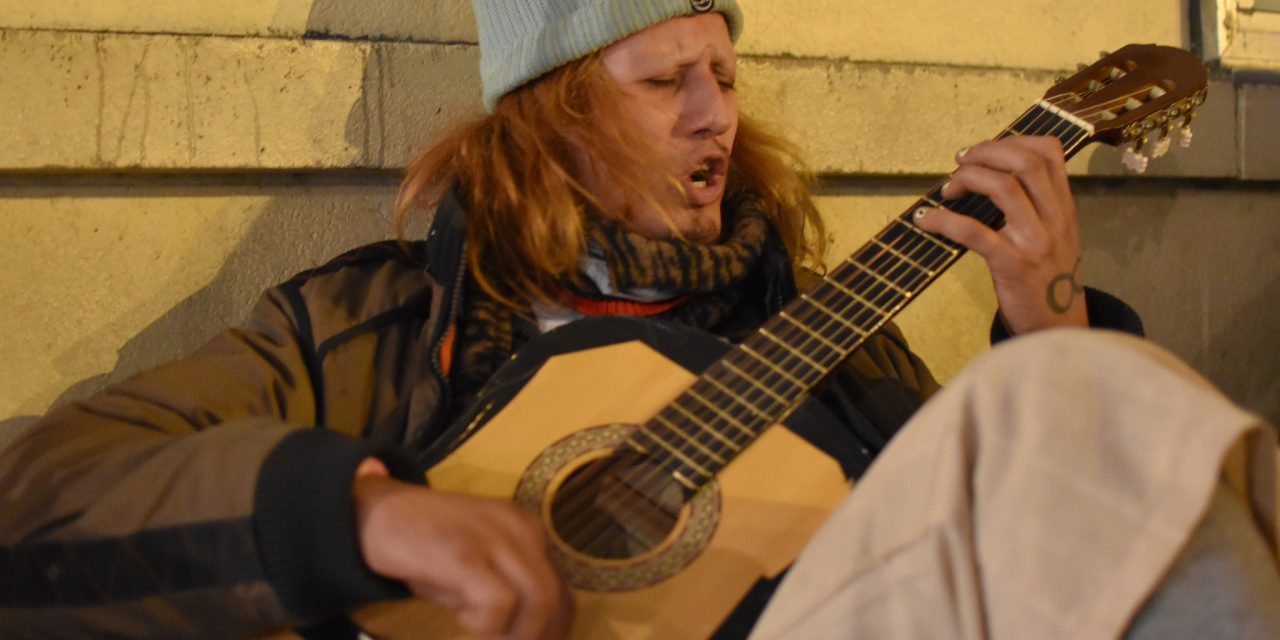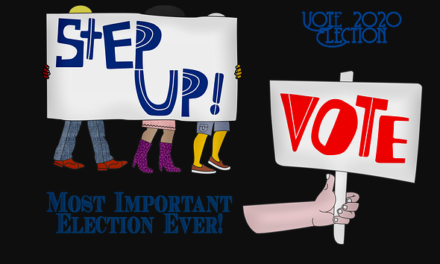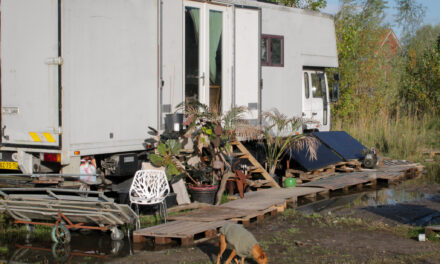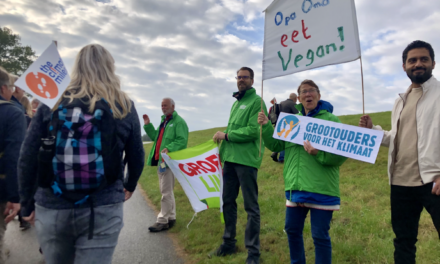[BRUSSELS] “I have no address, no rights, no bank account, and people turn away from me,” says Carlo, a homeless man from Spain. Brussels’ streets are filled with similar stories, and recent counts by aid groups suggest homelessness may soon exceed 10,000. “In Europe, no one dies of hunger—there’s food and basic support. But the crucial step toward lasting help is missing, and that’s a European issue, not just a Belgian one,” says Chris Vandenhaute, a Brussels Capital-Ixelles police inspector.
by Siem van Eck
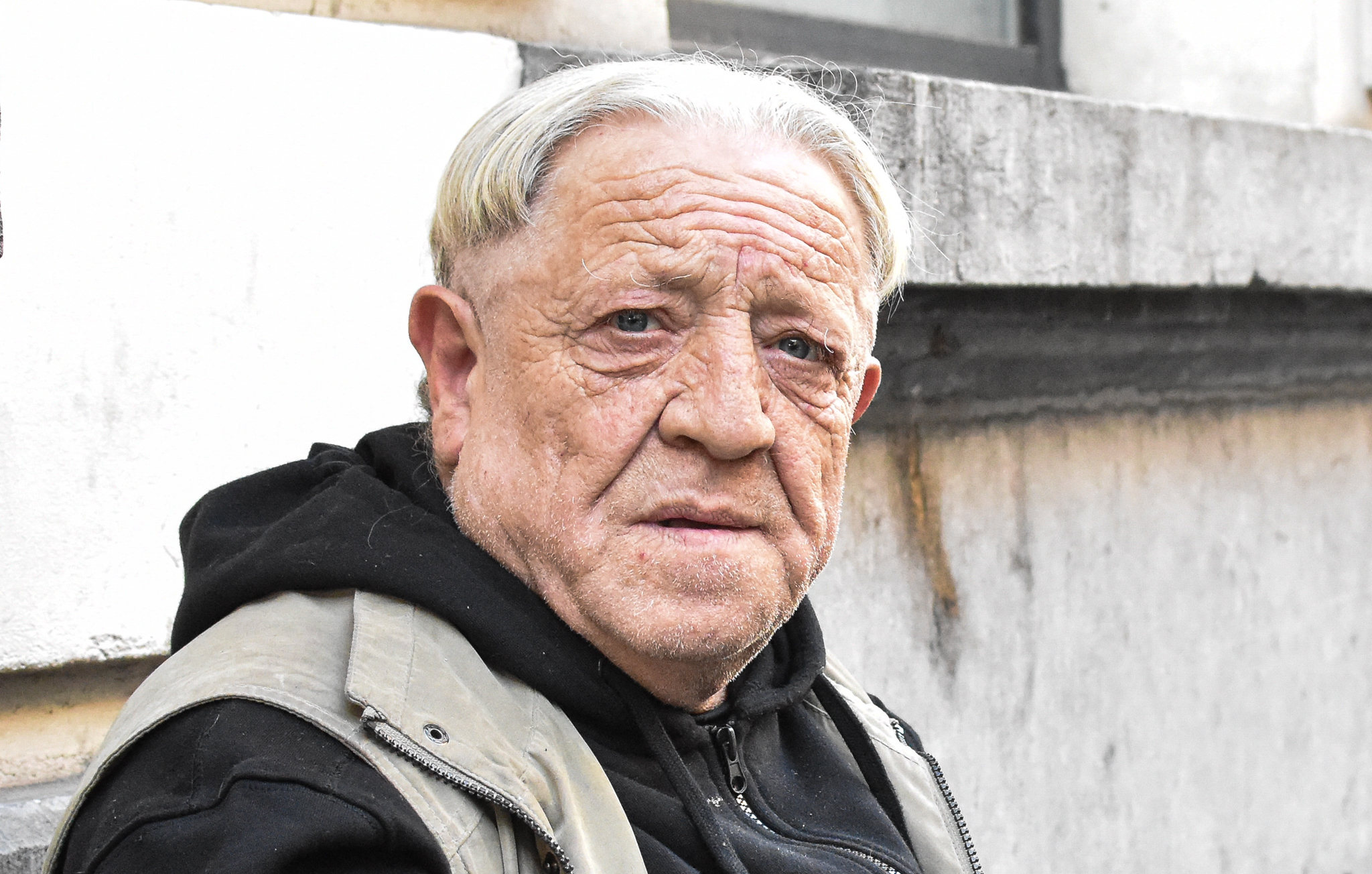
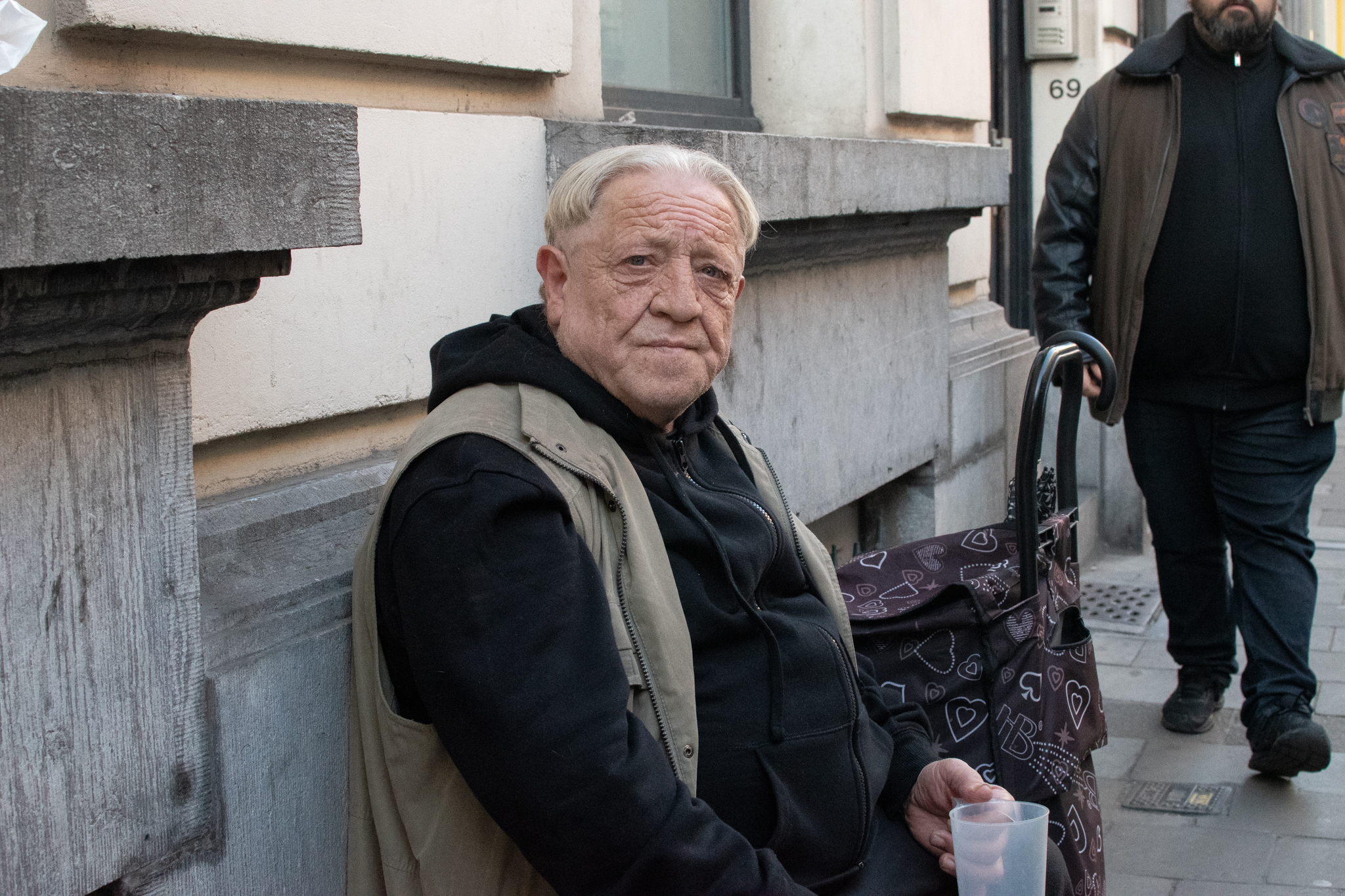
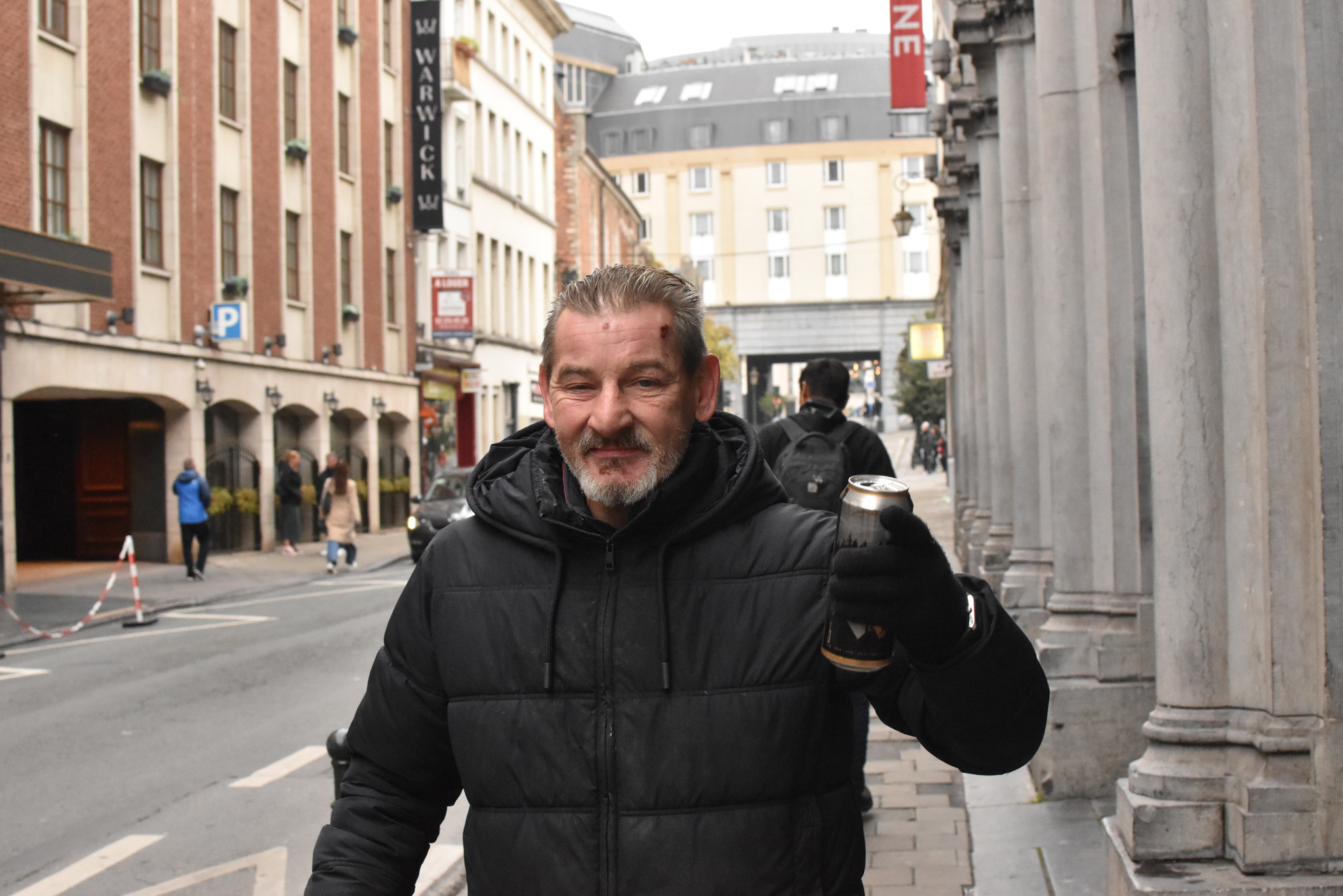
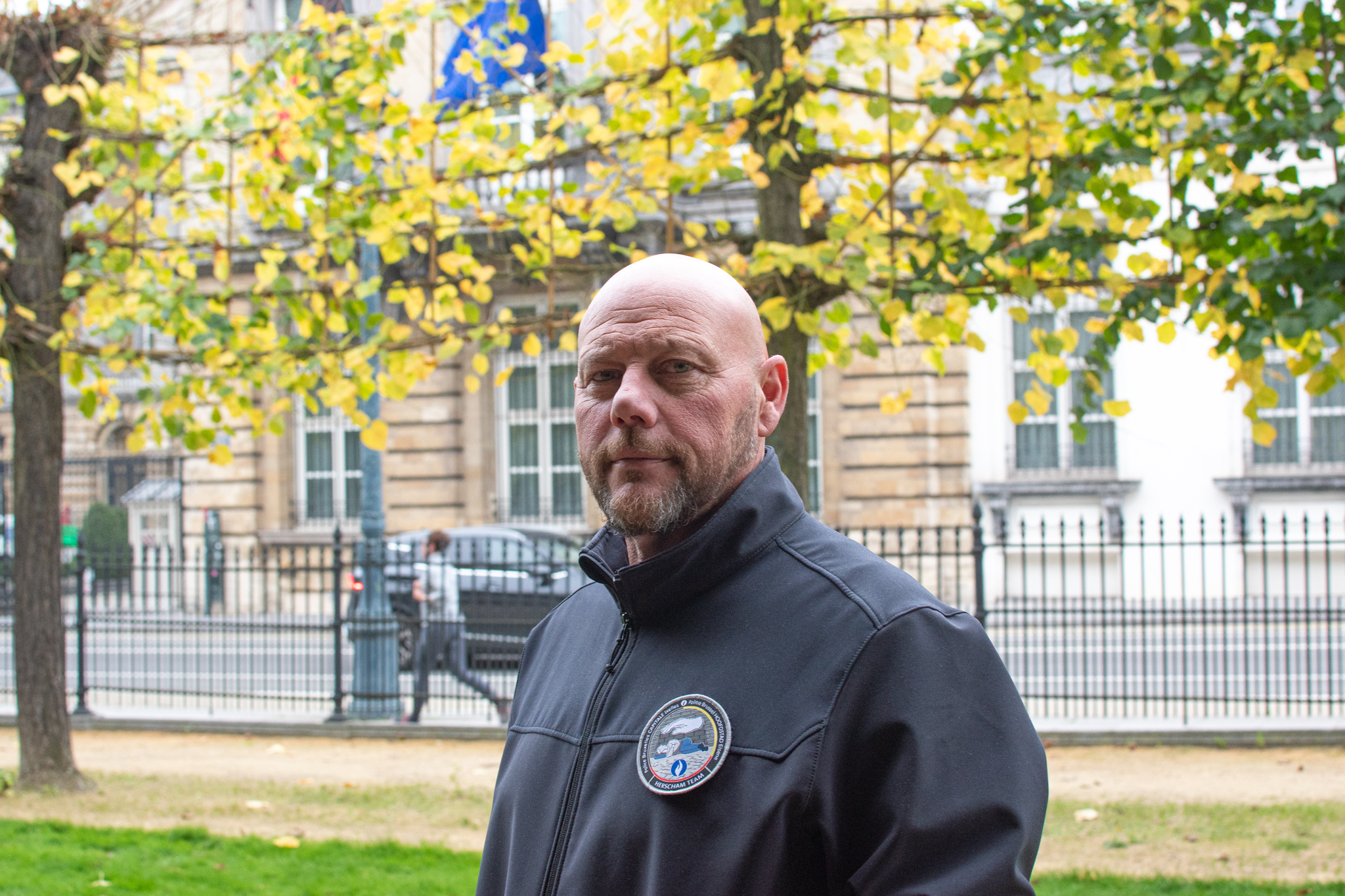
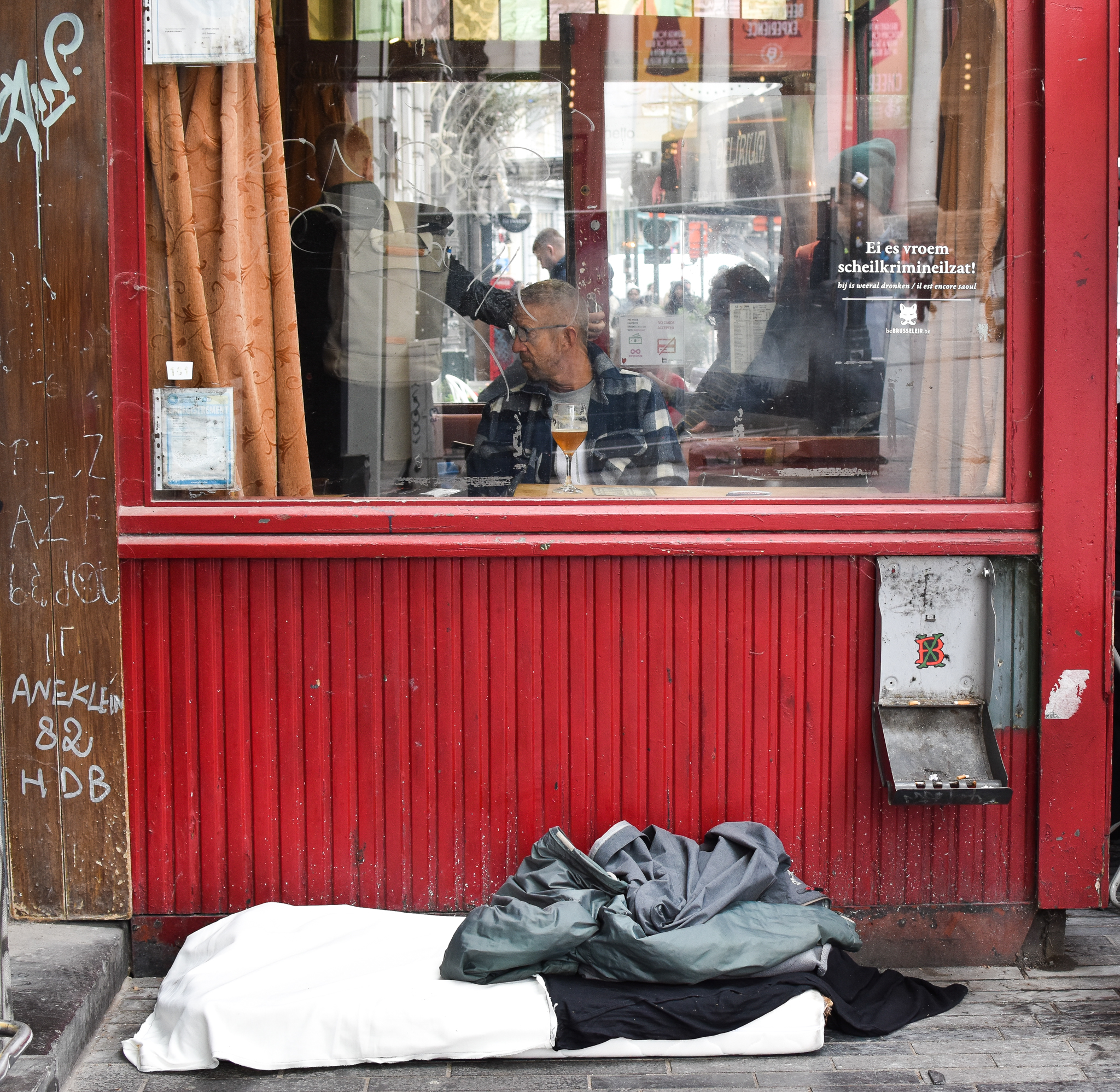
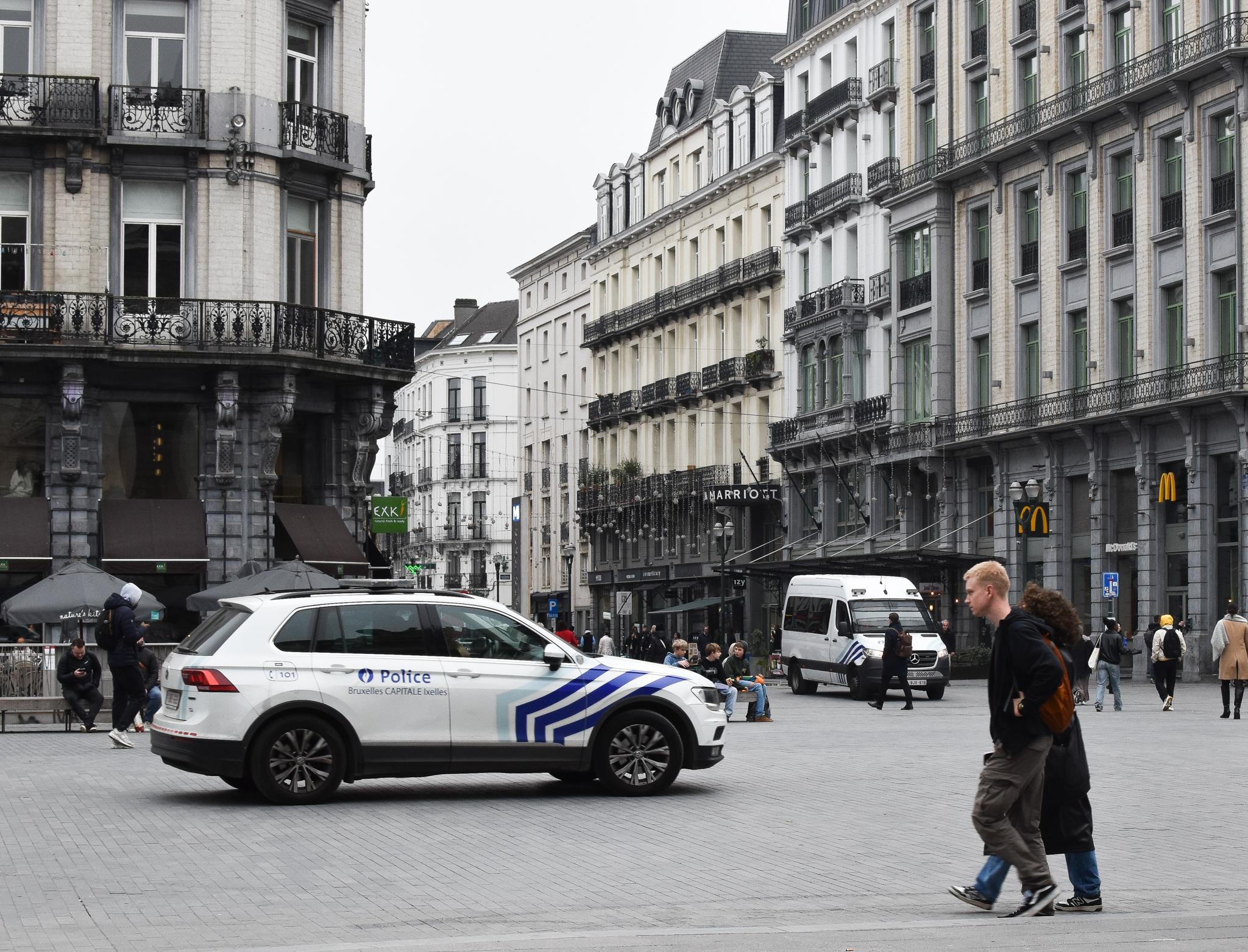
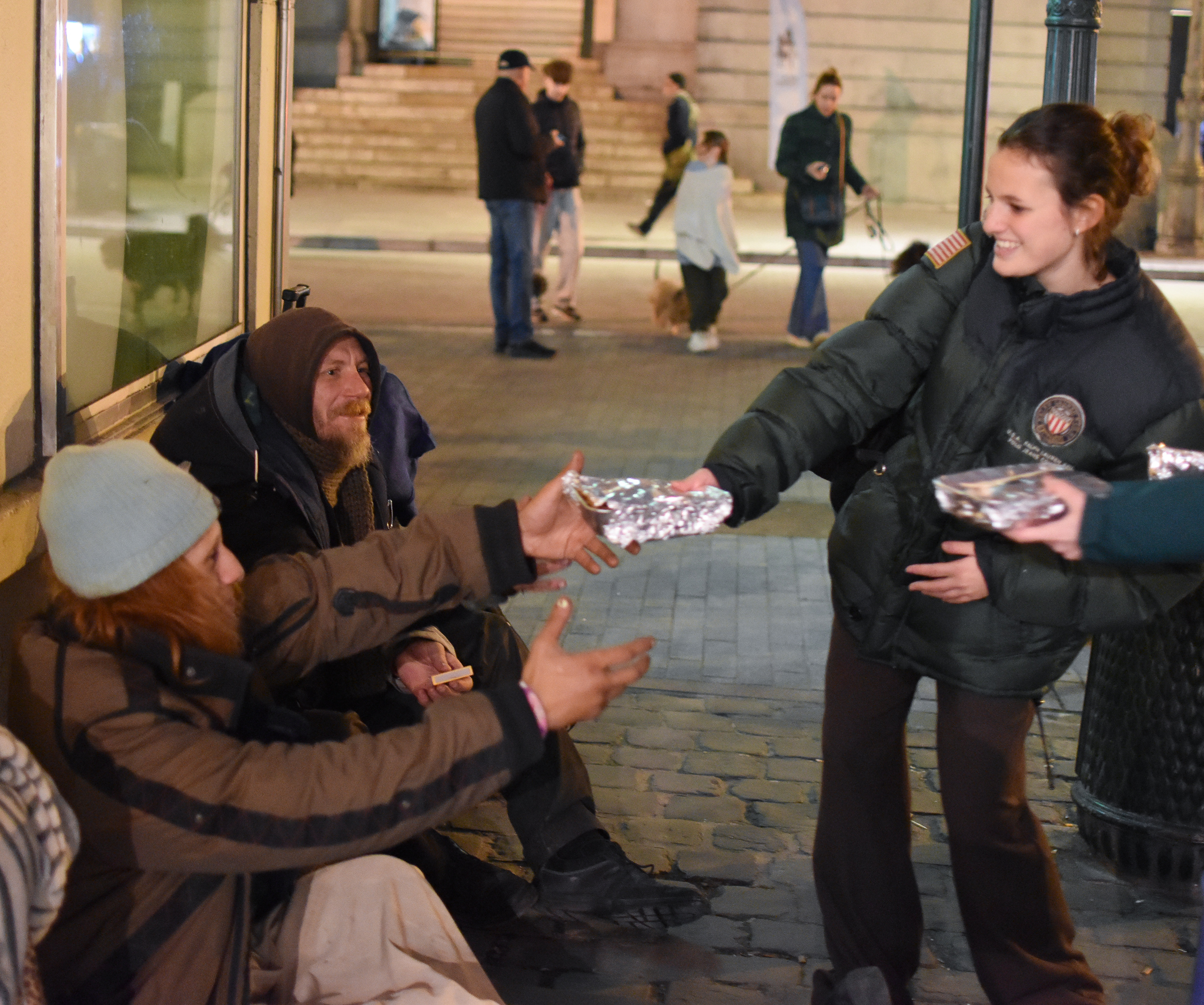
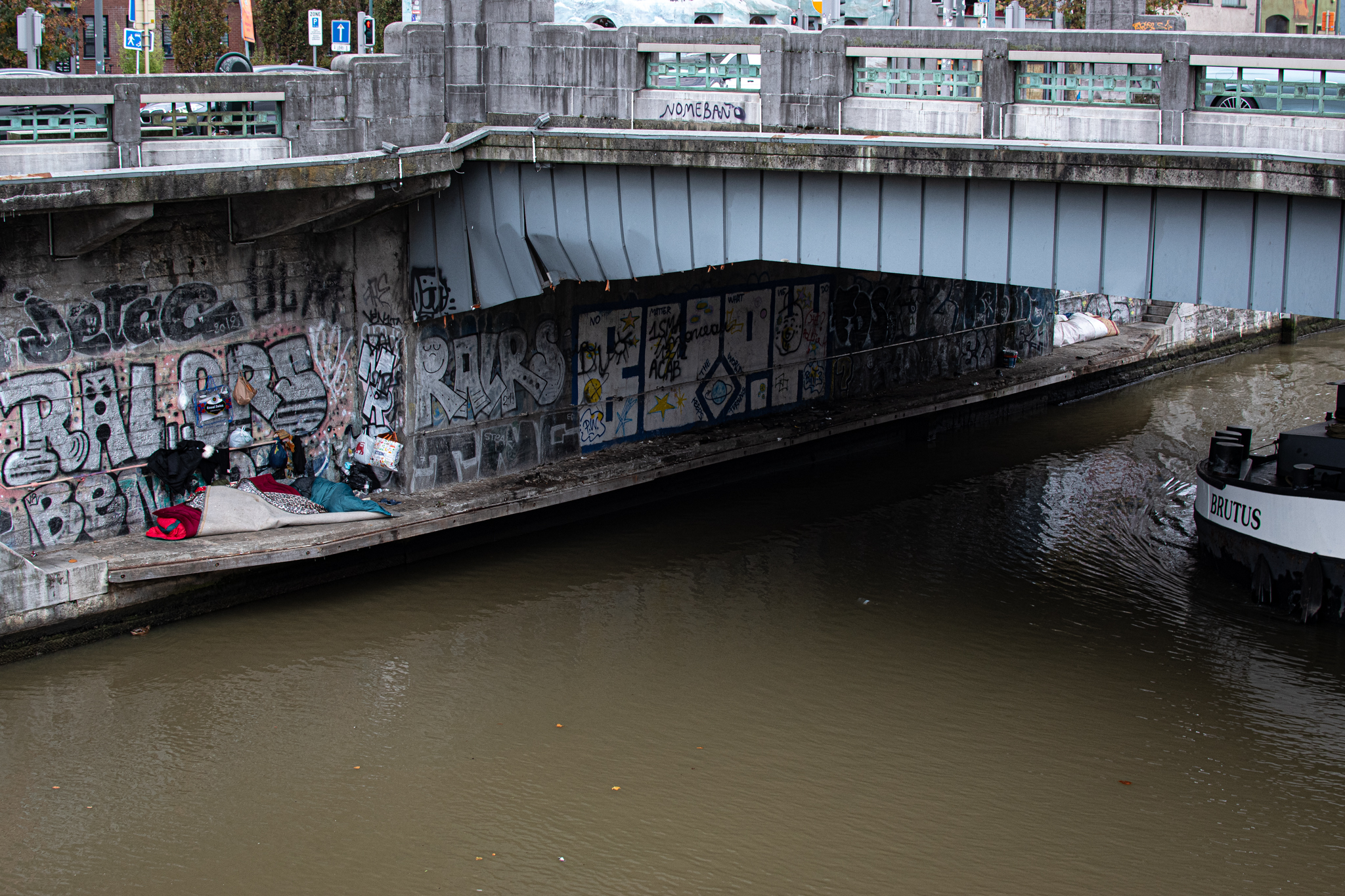
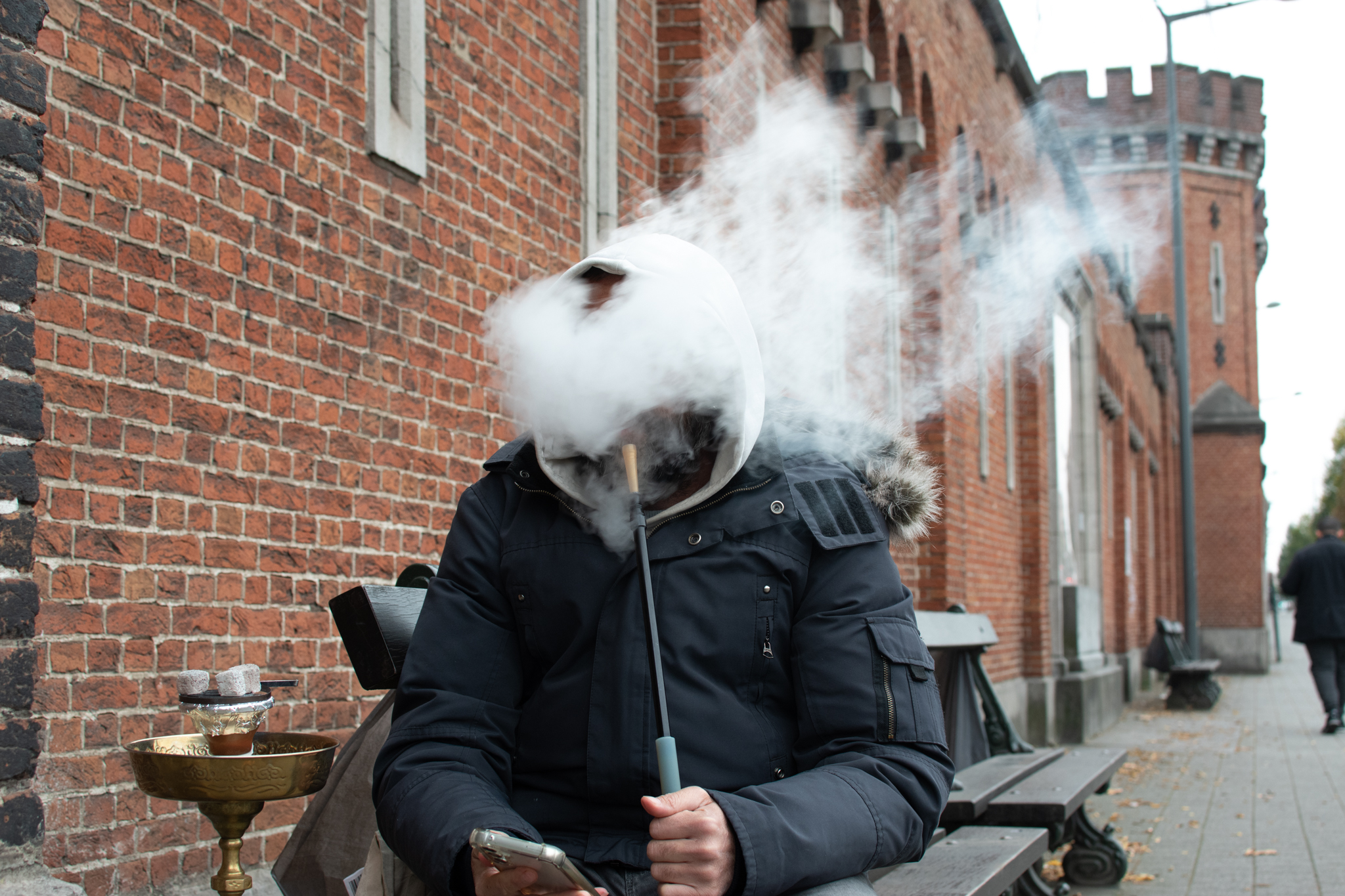
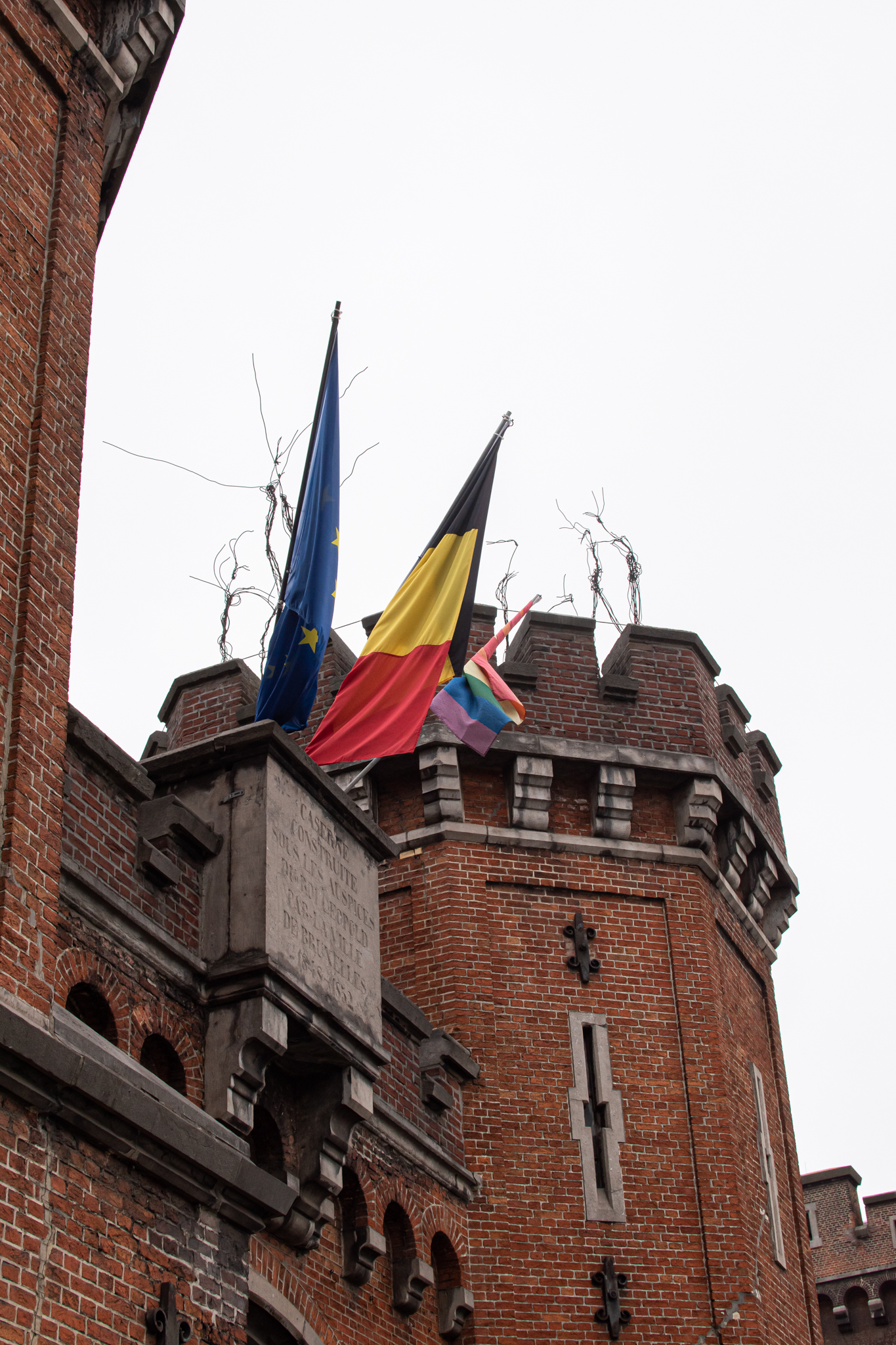
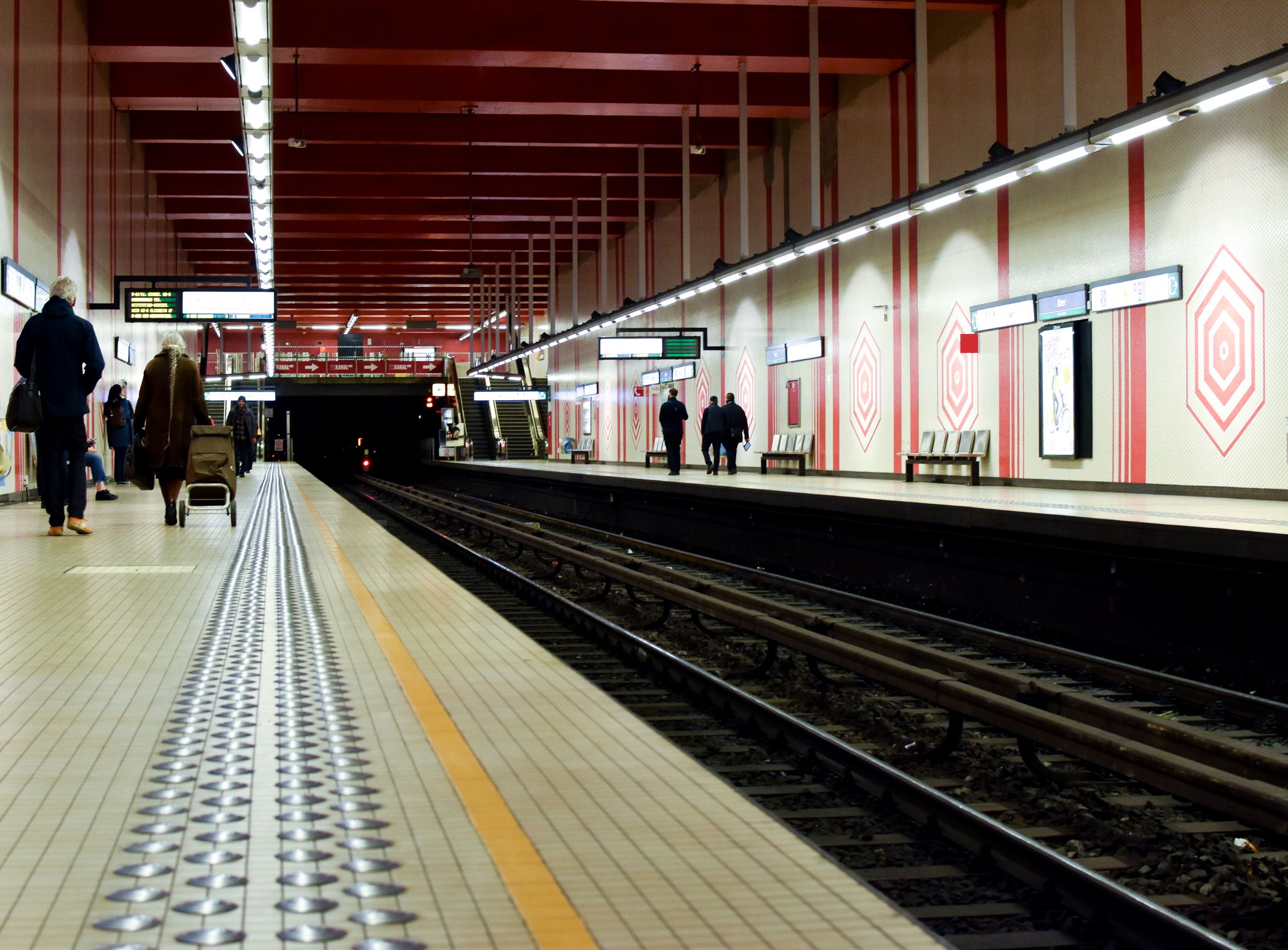
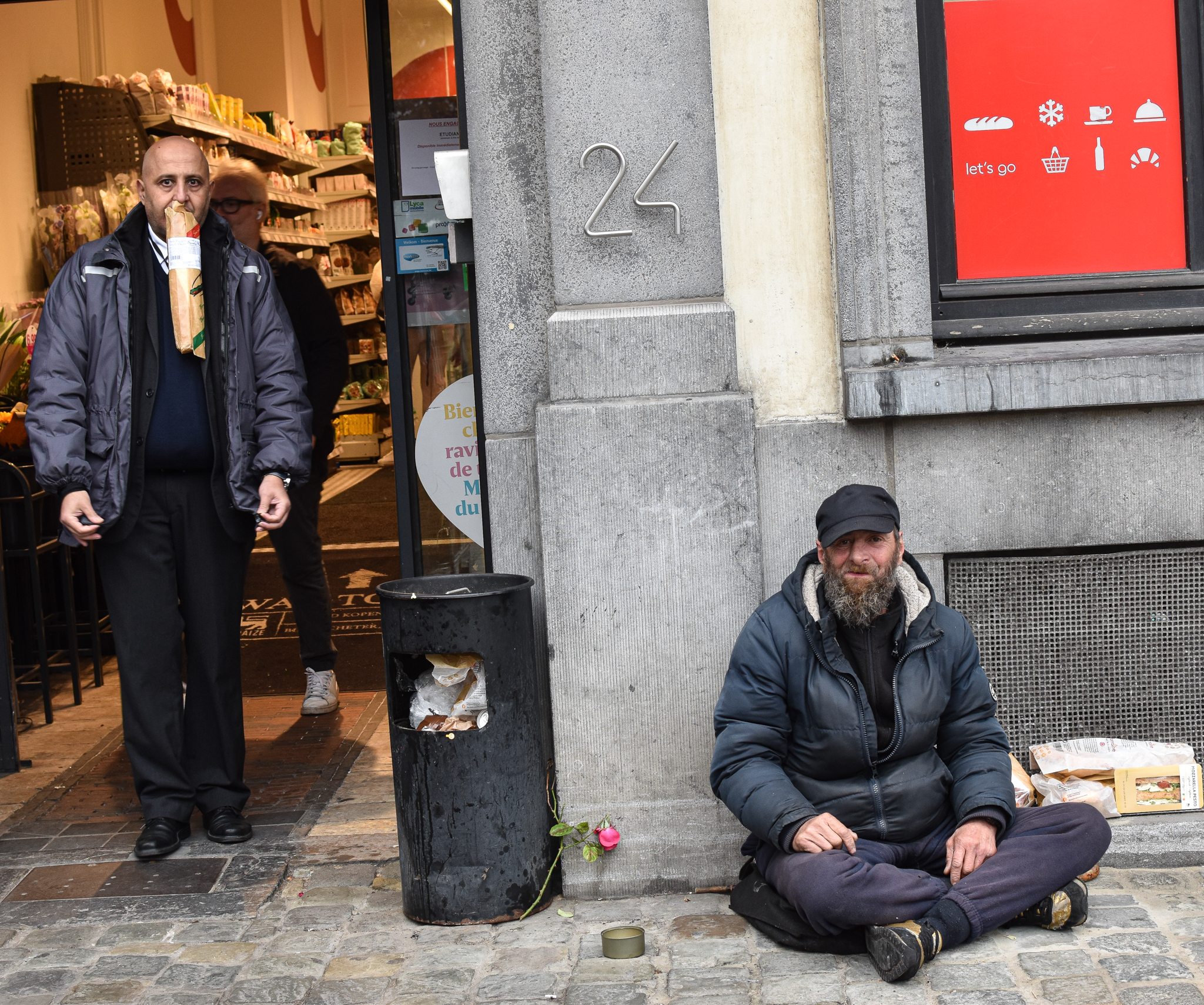
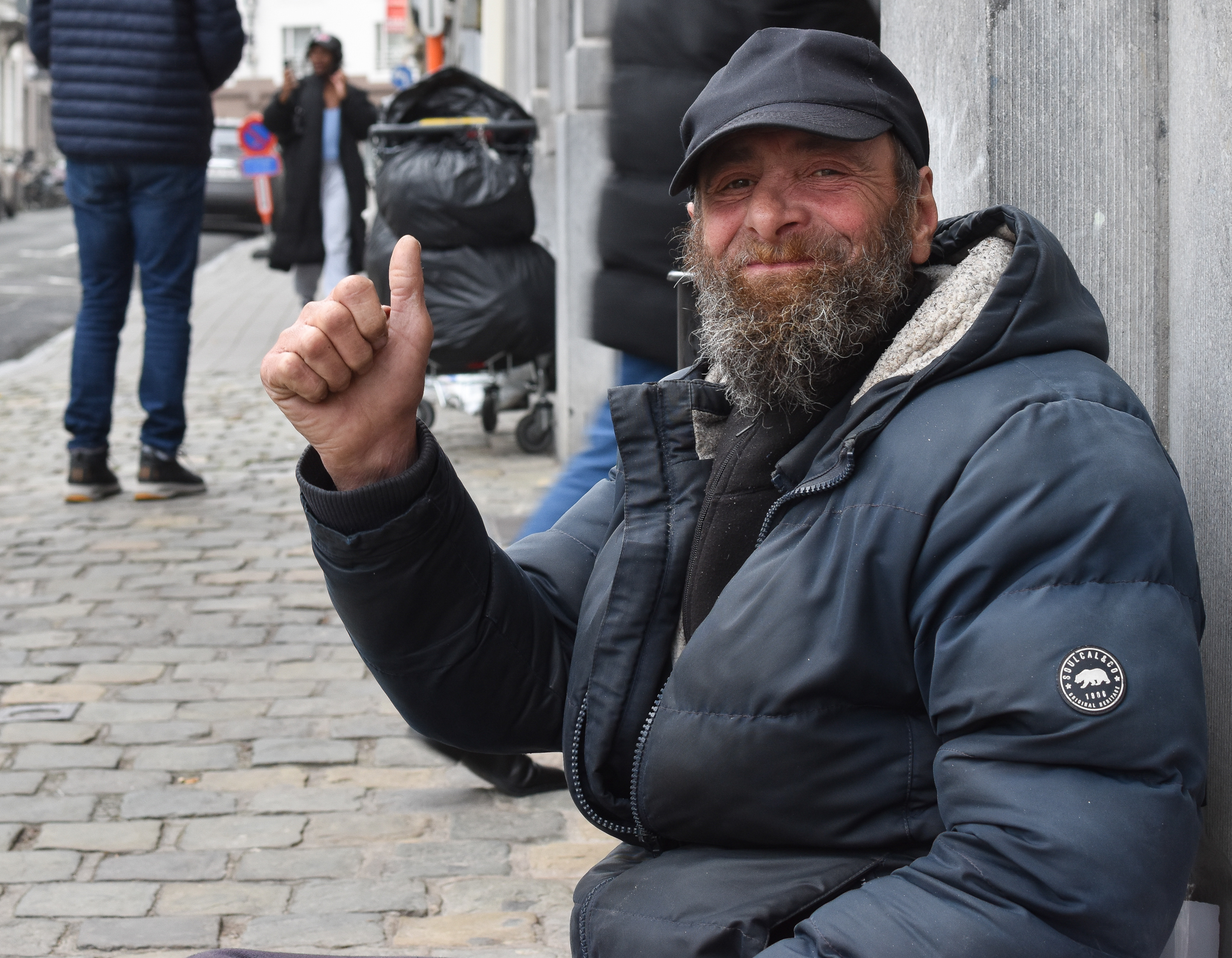
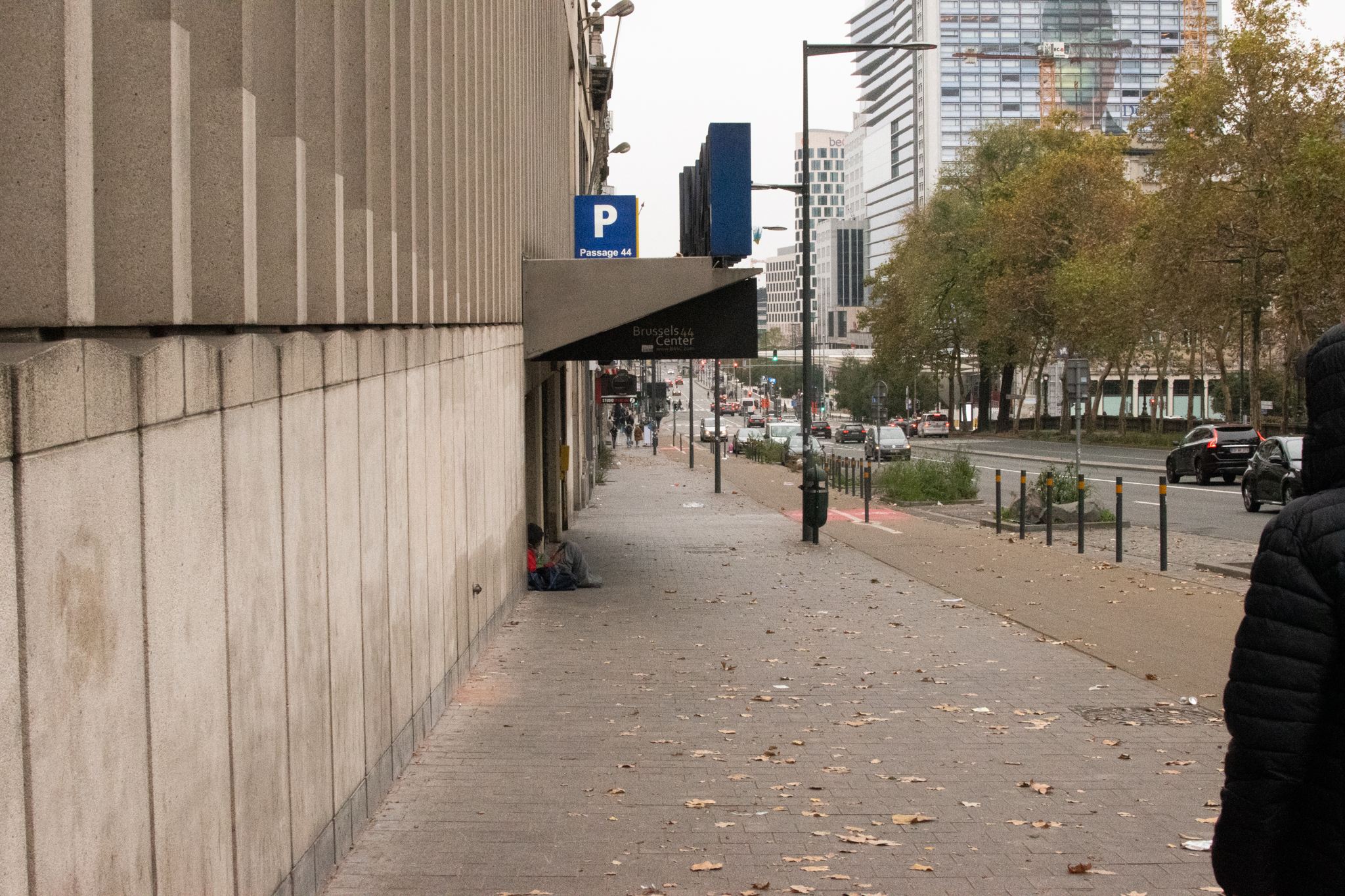
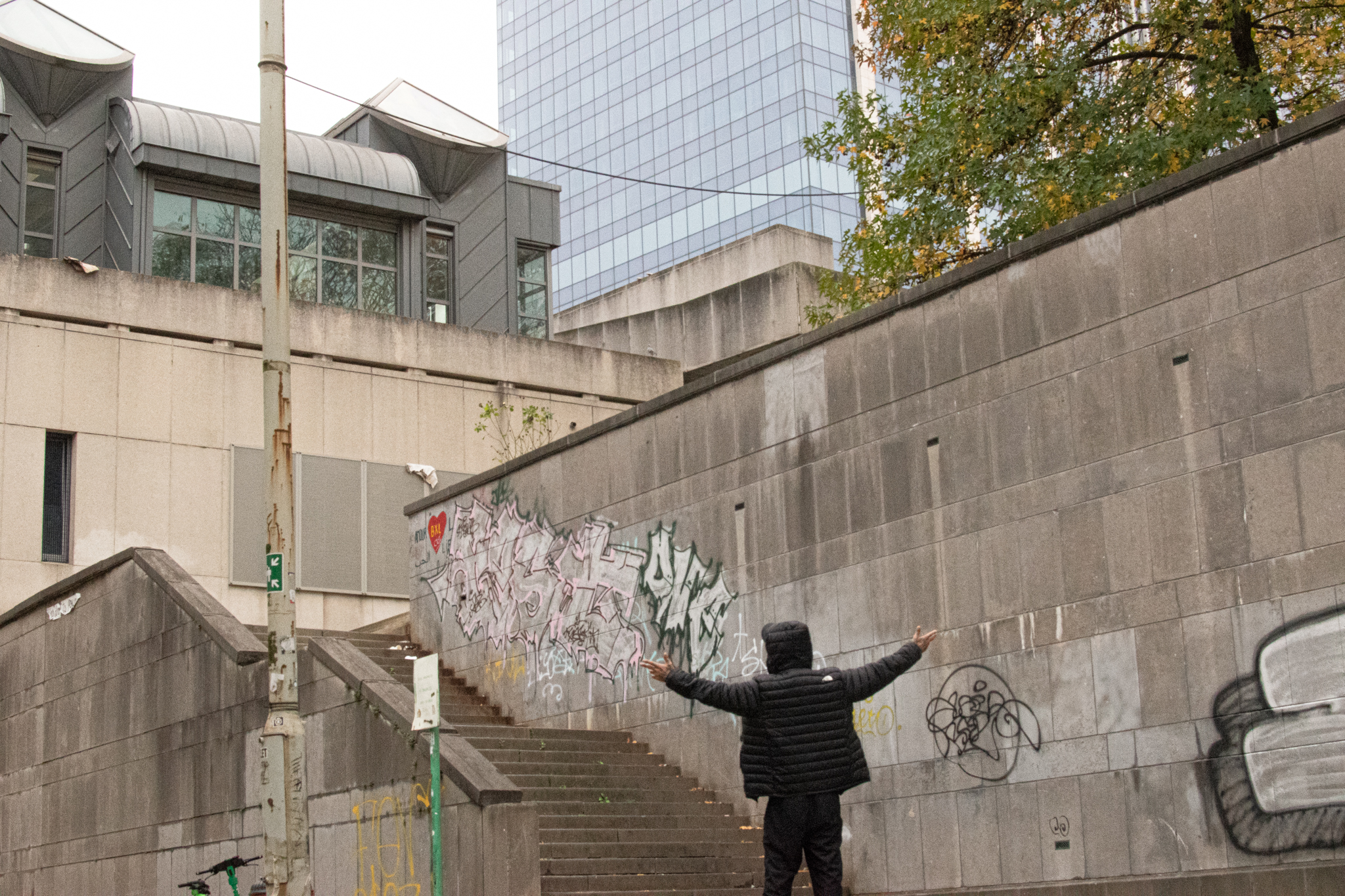
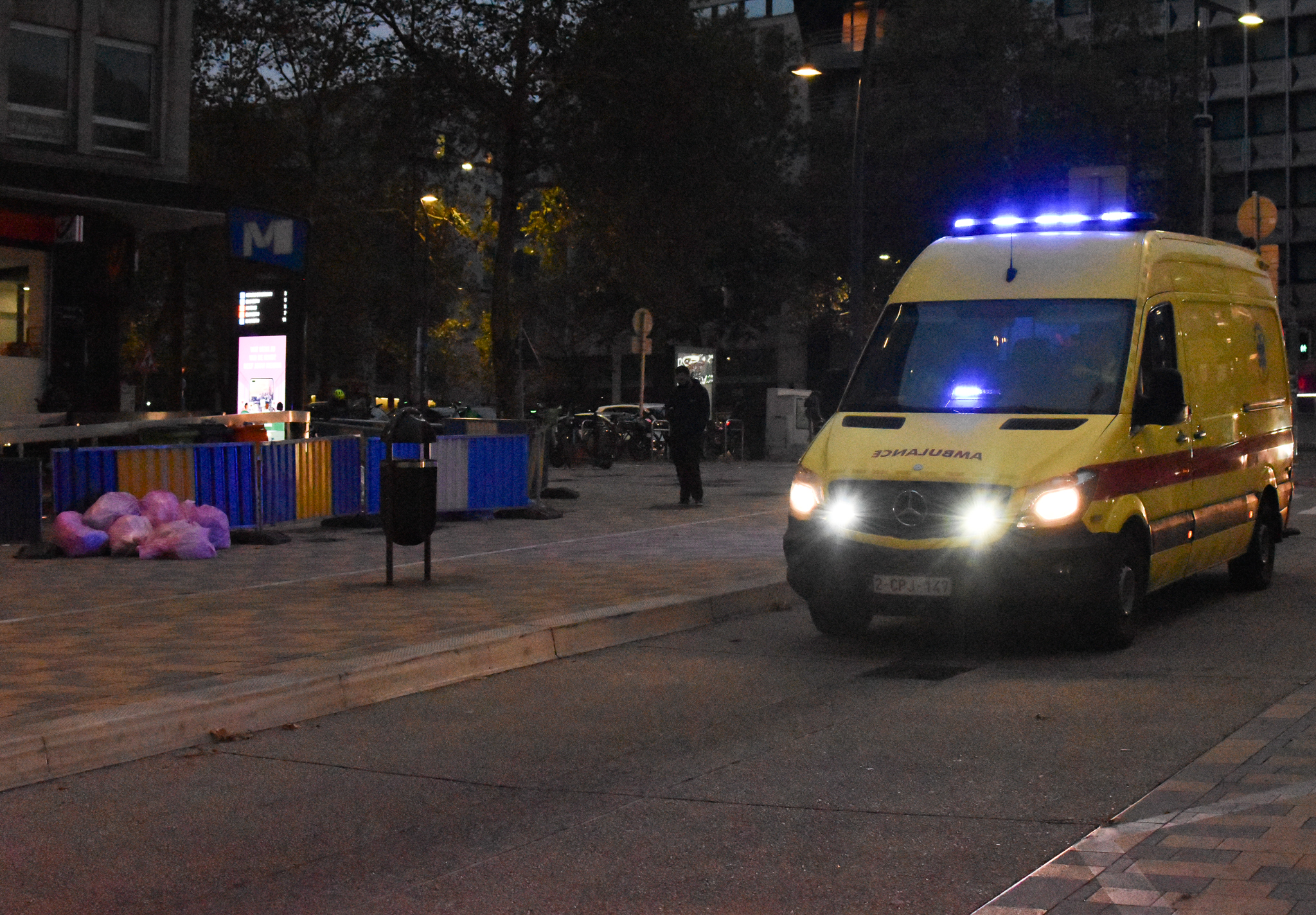
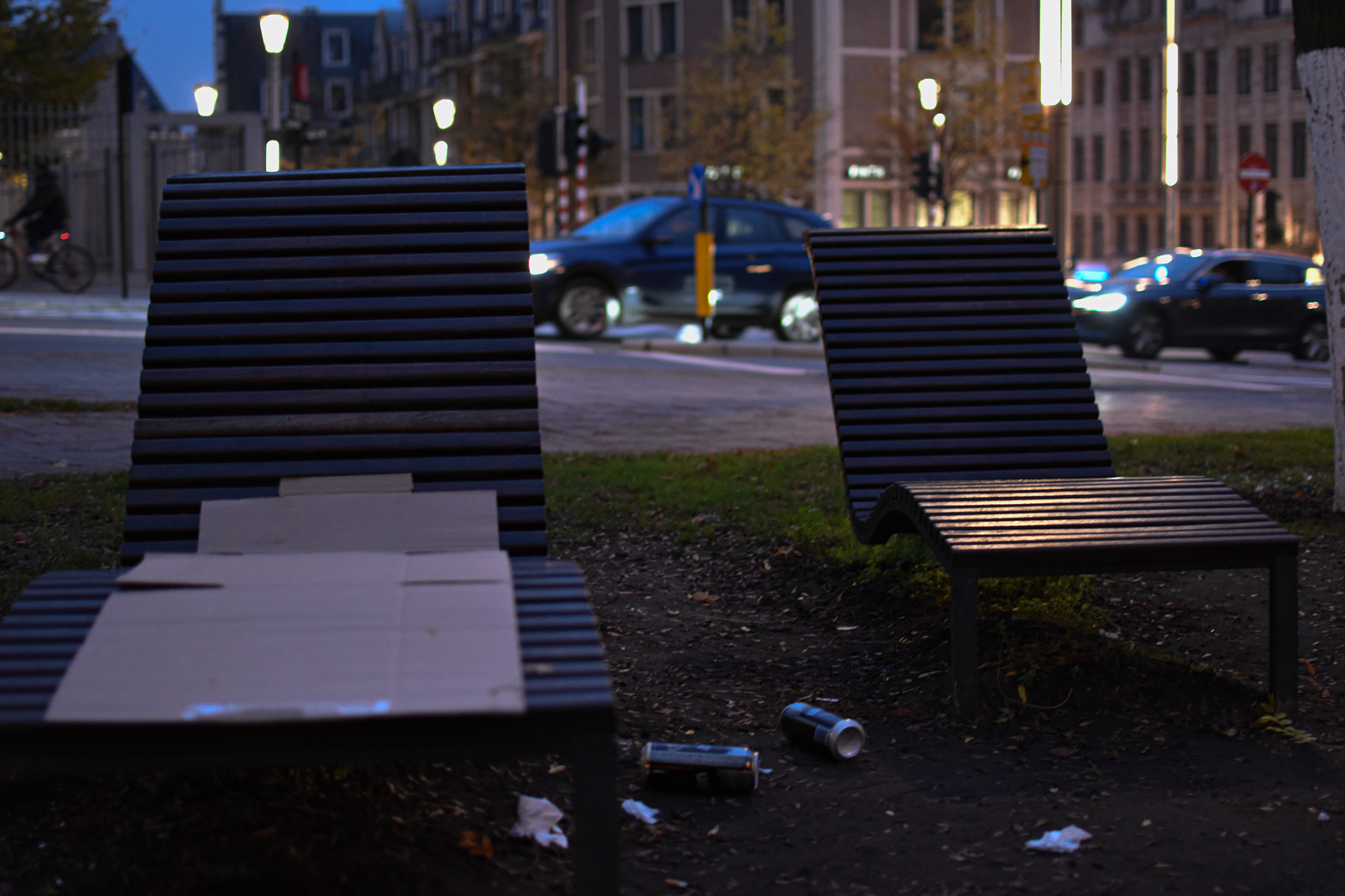
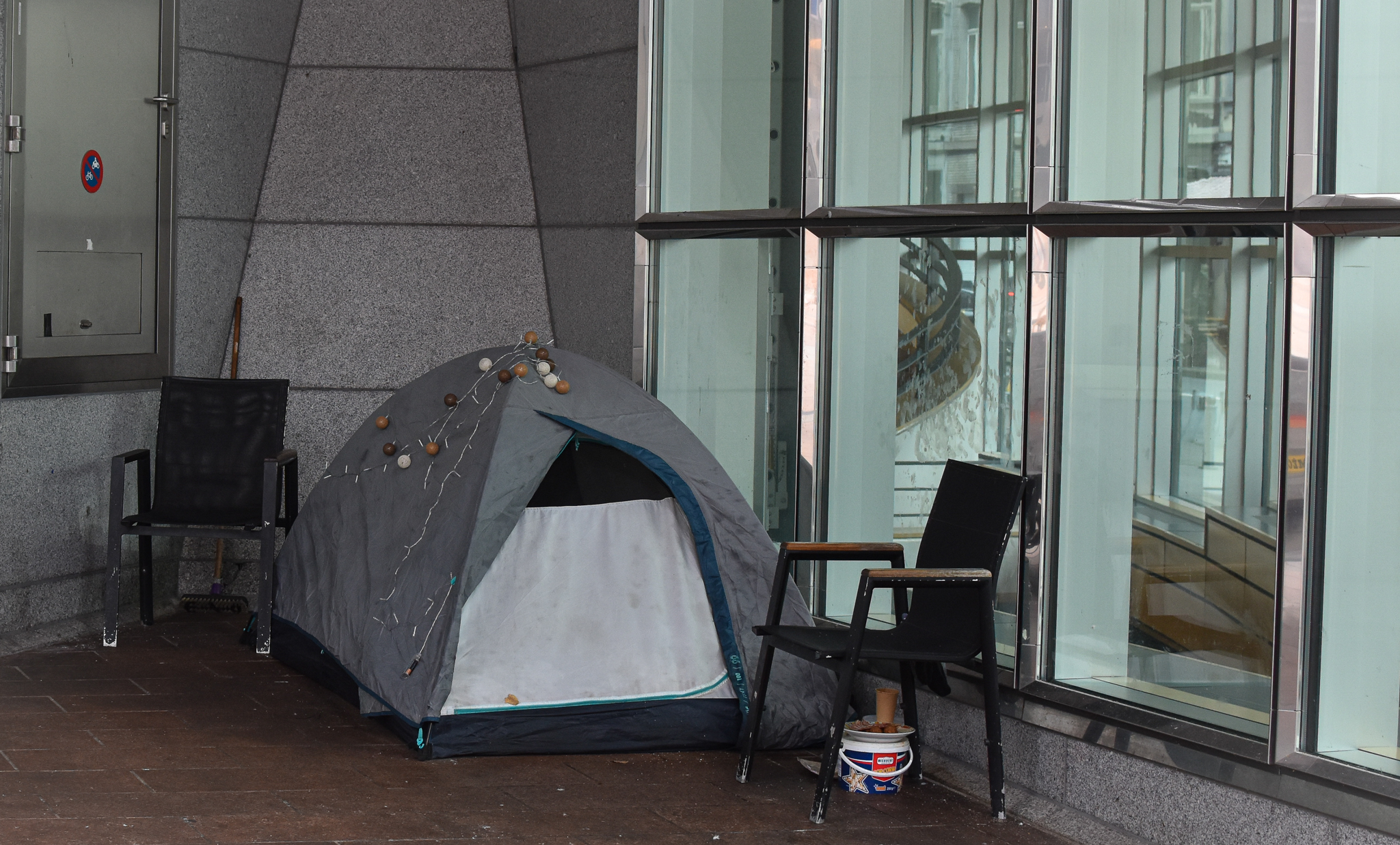
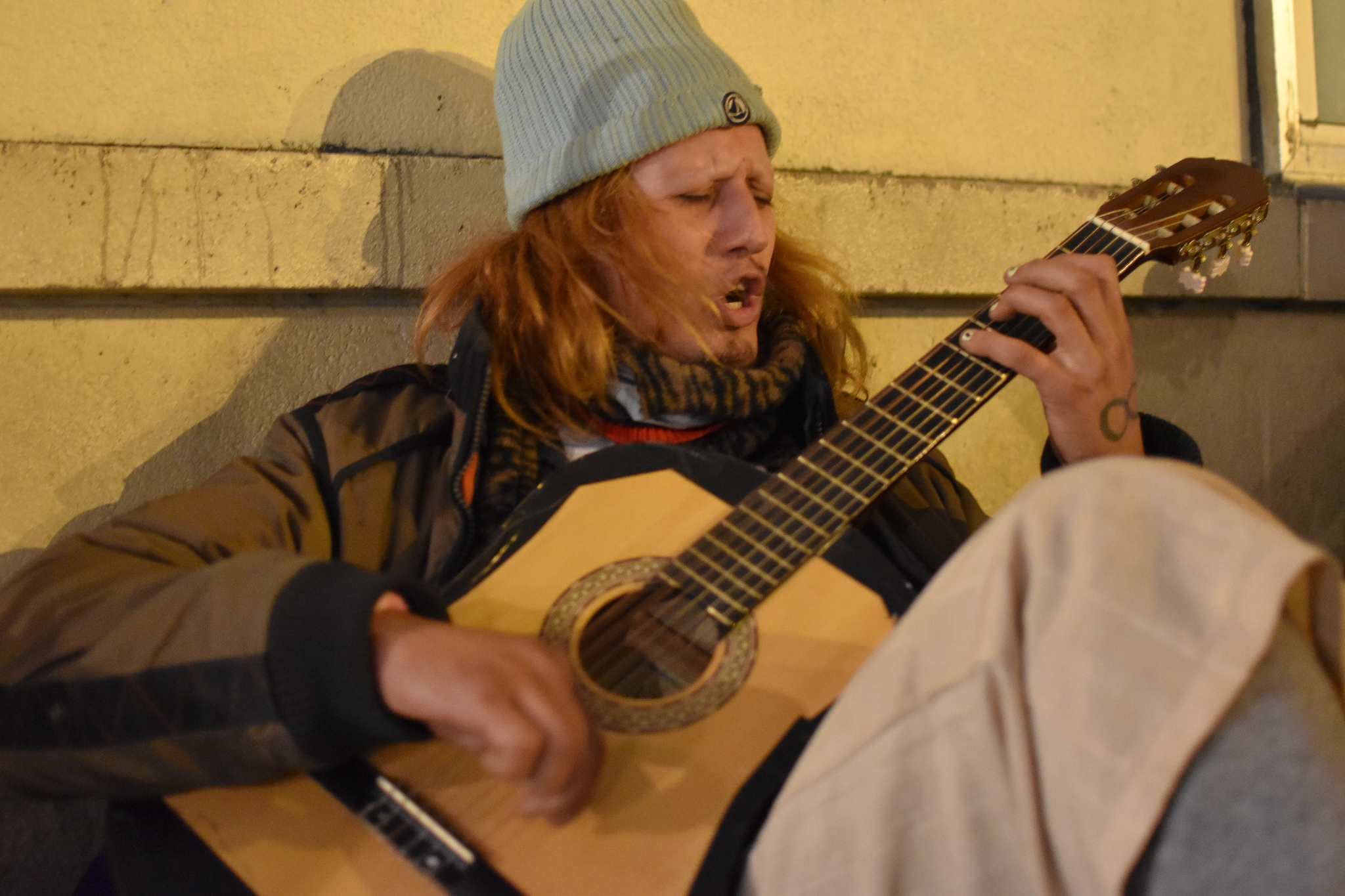
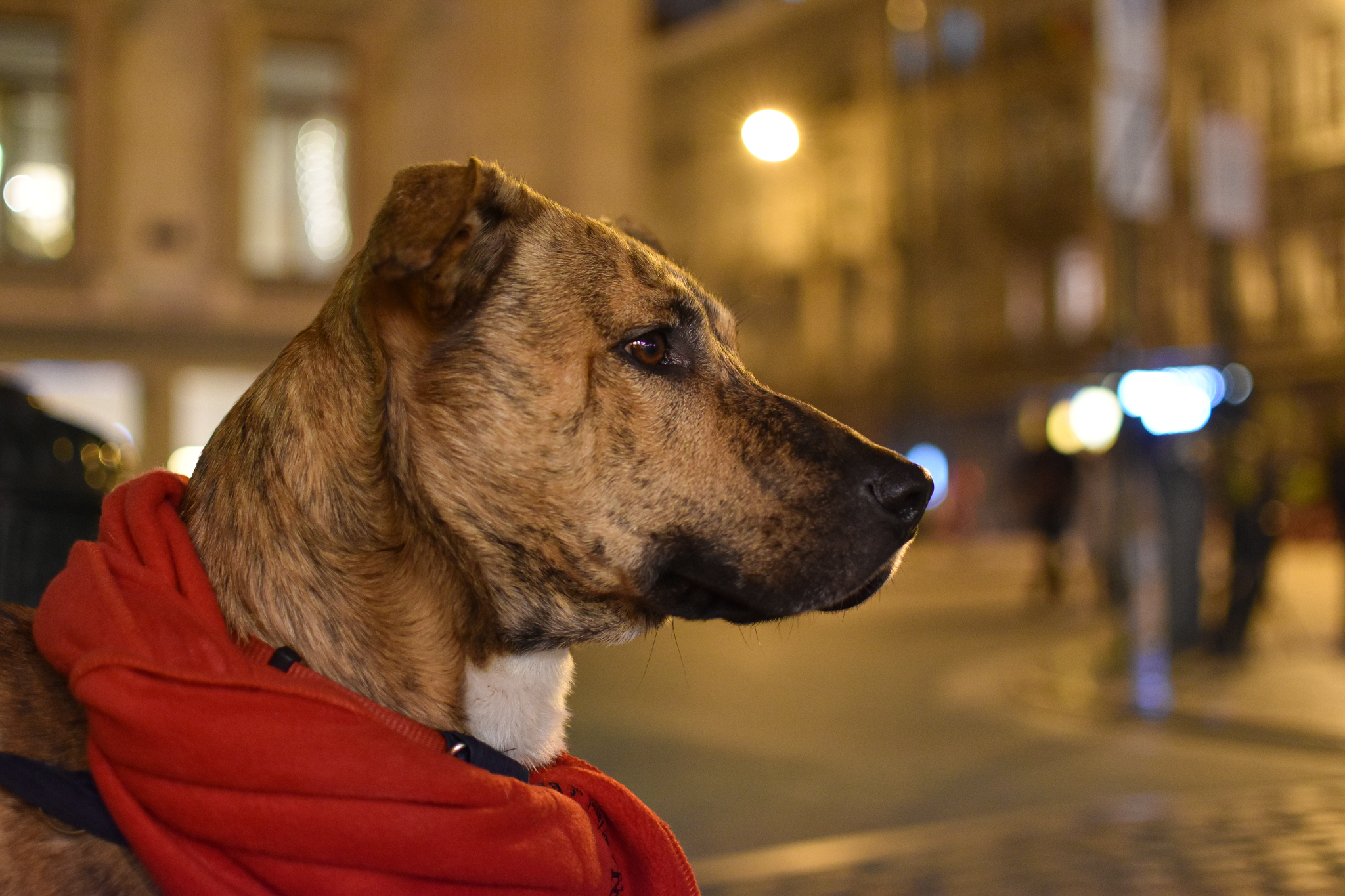
On the streets of Brussels, homelessness is pervasive: tents, makeshift bedding, beggars, and petty thieves in metro stations are common sights. People without papers are often abandoned by society. “I have three thousand euros in my bank, but I cannot access them; I lost my address, and they ended my contract. I do not get the help I need. Fuck the police and fuck the government. They do not care about people like us,” says Tommi, an Albanian man who worked as a street sweeper just a month ago.
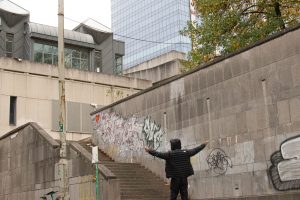
“This is my town,” he says, pointing at Brussels’ federal financial district. “Fuck the police and fuck the government.”
Brewing cocktail
Brussels, the capital of Belgium, embodies how various crises overlap and intensify. According to Koen Hermans, a social sciences professor at KU Leuven, multiple factors contribute to rising homelessness: the coronavirus pandemic, rising inflation, and the Ukraine-Russia War. “Brussels is a typical large city where these issues converge. We have seen a series of crises, and the drug problem on the streets amplifies these challenges,” he observes.
Inspector Vandenhaute, along with four other inspectors on the Herscham team, focuses on tackling homelessness. The team categorizes the homeless population into three groups: non-European migrants, European migrants, and Belgian citizens with a national registration number—an essential requirement for accessing certain rights. Estimates are that 20% of homeless individuals in Brussels have a national registration number; the other 80% are left in a precarious situation.
Many come from other countries, lured by the prospect of work in construction, healthcare, or agriculture, hoping to build a better future. However, many Eastern European migrants are pushed into the shadow economy. “We push people into the black-market labour circuit. They need basic necessities—a pair of jeans, a winter coat, and breakfast in the morning. The reality is that these people work for 500 euros a month but do it because they have no other option,” Vandenhaute explains. People who end up on the streets or in squats.

Chris Vandenhaute pauses for a photo in the nearby park, with the imposing Parlement building of Brussels in the background.
Purse-snatcher
In addition to European migrants, non-European migrants often face even harsher conditions, especially those whose asylum procedures have been exhausted. Without legal status, they frequently end up in the shadow economy or criminal activities: stealing handbags, breaking car windows, or dealing drugs. “This year alone, we have had 14 drug-related deaths in Brussels, eight or nine of which were individuals without papers. Territorial wars lead to shootings. We are creating our own criminality,” Vandenhaute points out.
Efforts to address homelessness through initiatives like Housing First, social shelters, or legal aid are inadequate. “Drops on a hot plate,” Hermans comments. He elaborates on a critical concept in social policy known as ‘welfare chauvinism,’ a mindset where people are only willing to extend help to those they perceive as similar. “It cannot be that migrants have more rights than the so-called ‘real Belgian,’ whoever that may be. This imaginary divide is prevalent—we are still willing to share, but only with those like us. This mentality is most pronounced in policies addressing homelessness,” Hermans states.
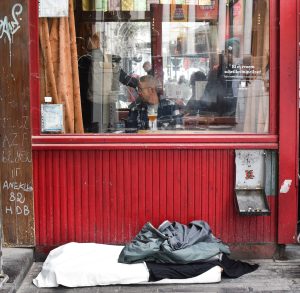
An abandoned mattress lies in front of a popular café as a man enjoys his Leffe Blond.
Brussels exemplifies the complexities of homelessness, where overlapping crises and selective support deepen the struggle of those without rights: “It is life,” says Jean, a homeless man from Ukraine, as he plays his guitar: ”People do not usually choose to live on the street, but it happens to them. You learn to adapt to living on the street. You feel like you have failed society, and society has failed you.”
.
